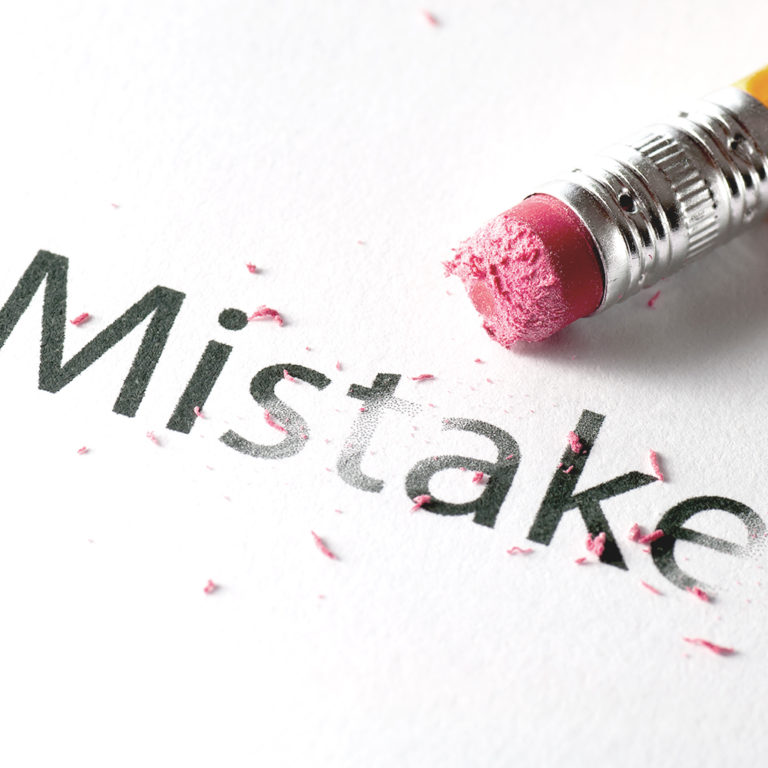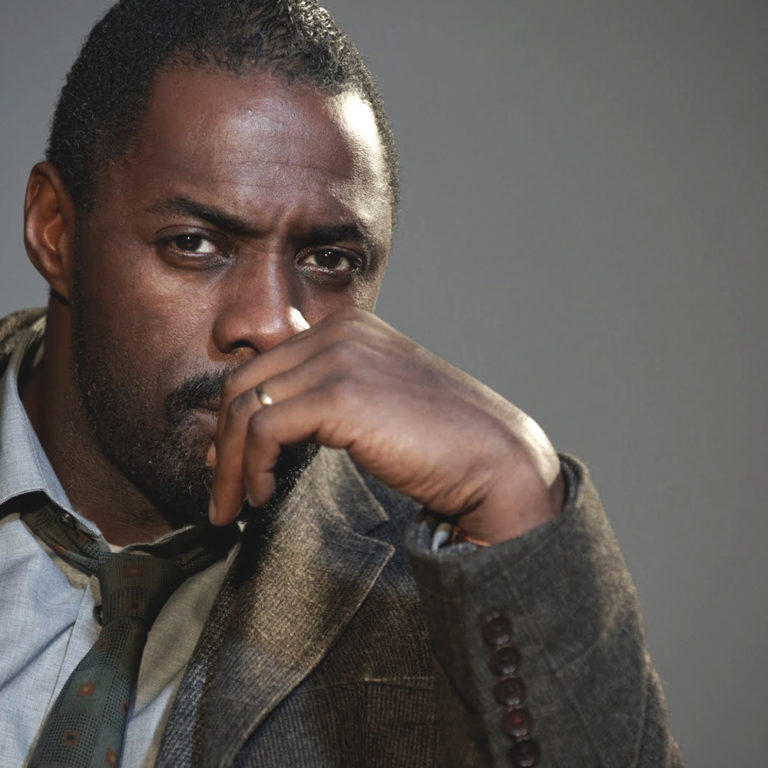As you’re probably well aware, a few hours ago, NASA and SETI announced the discovery of Earth’s “older, bigger cousin”. Called Kepler 452b, it’s the first almost-Earth-sized planet that’s been found in the habitable zone of a star very similar to our Sun, and the Internet is kind of freaking out about it.
During the briefing, the scientists also announced the discovery of 11 other habitable planet candidates, so what’s so special about Kepler-452b? Well, we’re glad you asked, because there’s quite a lot. For starters, this is our best candidate so far for an ‘Earth 2.0’, and it could also be the ideal place to look for extraterrestrial life.
Here’s everything we know so far:
Kepler-452b is orbiting a star called Kepler-452, located 1,400 light-years away in the Cygnus constellation of the Milky Way.
The planet is 1.6 times bigger than Earth.
Earlier research shows that planets of this size “have a good chance” of being rocky, just like Earth.
Kepler-452b is orbiting a G2-type star, like our Sun.
The planet is in the habitable zone, which means that it’s far enough away from its sun that its water won’t evaporate, but close enough so that it won’t freeze.
A year on Kepler-452b lasts 385 days, so the planet is only 5 percent further from its star than Earth is from the Sun.
The planet is likely to have an atmosphere, lots of clouds, and possibly active volcanoes.
Its parent star Kepler-452 is 6 billion years old (1.5 billion years older than our Sun).
Kepler-452 has the same temperature, and is 20 percent brighter, and 10 percent larger in diameter than our Sun.
Because it’s orbiting a larger star, it’s likely to be slightly warmer than Earth.
All of this is pretty damn exciting when you consider the fact that NASA has spent decades searching for a potential new home for humanity, but some of these points are worth highlighting further.
“It’s awe-inspiring to consider that this planet has spent 6 billion years in the habitable zone of its star; longer than Earth,” Kepler’s lead data analyst, John Jenkins, said in a press release. “That’s substantial opportunity for life to arise, should all the necessary ingredients and conditions for life exist on this planet.”
We should step in here and make it clear that we still know very little about Kepler-452b, and have no way of saying for sure whether it’s habitable at this point. The planet was discovered the same way that pretty much all exoplanets are – by the Kepler spacecraft monitoring the slight ‘dip’ in the brightness of its star as it passed in front of it.
This has been followed up with ground-based observations from telescopes in the US, which is why we know so much about the brightness of the planet’s host star, and the potential nature of the planet. The results have been submitted for publication in the Astrophysical Journal.
Source: sciencealert.com












